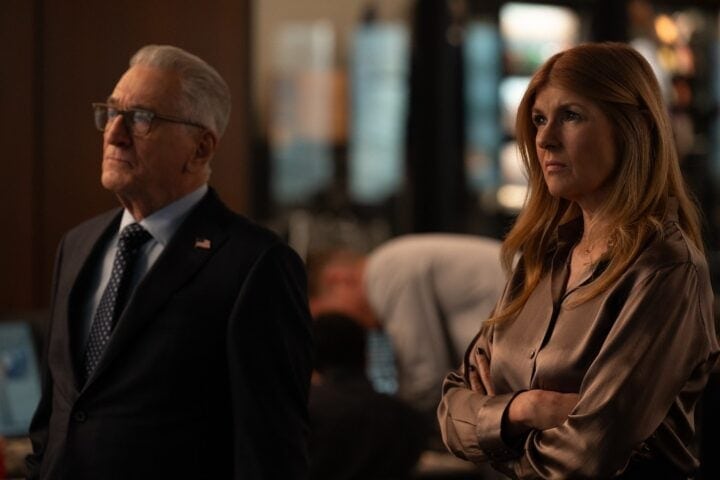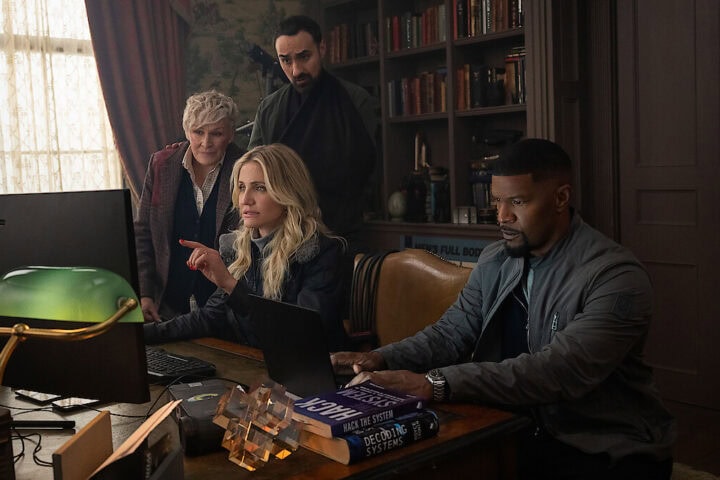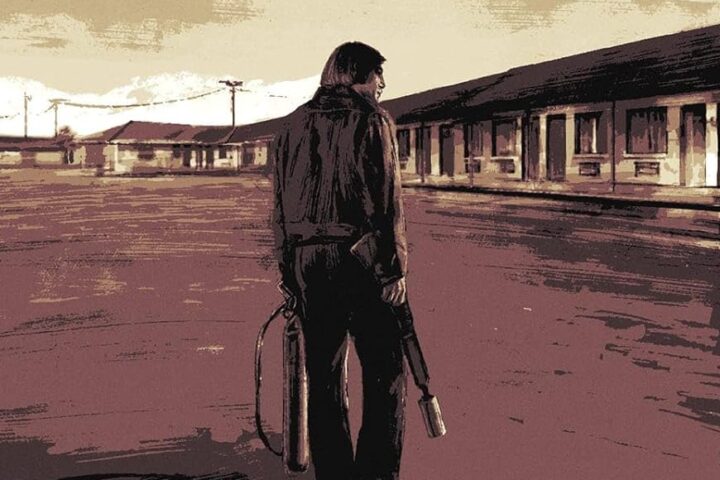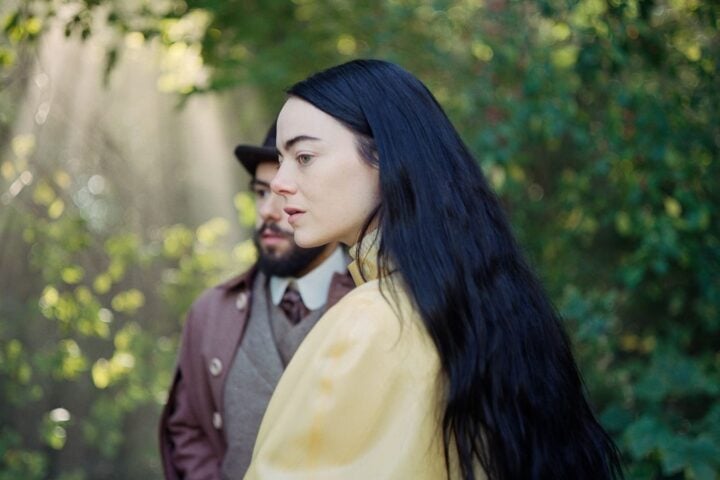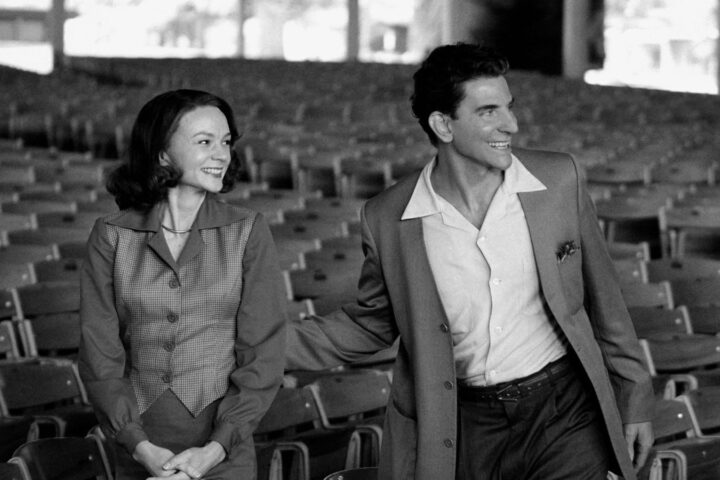There’s a story of thrillingly righteous indignation sitting at the core of Maggie Betts’s The Burial. This flashy legal melodrama is fitfully stirring but too flabby to deliver the walloping blow that it needs. The high points are delivered primarily by Jamie Foxx and Tommy Lee Jones, who make a good effort to fill in the gaps left by the spotty screenplay.
Based on a New Yorker article by A Civil Action author Jonathan Harr, the film works as hard to get its audience interested in contract law as Foxx’s high-octane personal injury lawyer, Willie Gary, does when whipping up a jury’s emotions about arcane legal matters. The case in question pits Mississippi funeral home director Jeremiah O’Keefe (Jones) against the Loewen Group, a funeral home and cemetery company, after the conglomerate stalled on an agreement to buy some of the man’s locations, possibly to run him out of business. Jeremiah and his fresh-faced young lawyer, Hal Dockins (Mamoudou Athie), bring in Willie, hoping that his bombastic style and perfect trial record will turn their case into a David-versus-Goliath tale.
What makes The Burial interesting at times is that it’s in fact more of a Goliath-versus-a-bigger-Goliath tale. Instead of the brash and broke idealist one might expect to see representing Jeremiah, Willie is a swashbuckler who only takes cases where damages are calculated in the tens of millions. He’s resplendent in loud suits that match his flowery courtroom oratory, flying to the trial location in his personal jet (called, natch, “Wings of Justice”), and backed by a swaggering soundtrack that plays right to the mid-’90s setting. Rather than portraying him as a clown, Betts makes Willie into a more self-aware figure, an operator and deft legal tactician who never quite devolves into cynicism. By contrast, Jeremiah is quiet and genteel, but with a sharp mind and wry humor that endears him to the seemingly opposite Willie.
At its best, the film gives Foxx and Jones room to use their different but complementary styles to create an authentically bonded friendship that helps keep your attention whenever the story flags or goes off on an unrewarding tangent. Other actors bring underwritten roles to incredibly vivid life, particularly Athie, whose usually quiet demeanor plays to rather than undercuts his character’s steely determination, and Jurnee Smollett, who delivers a scorched-earth performance as the Loewen Group’s lawyer, Mame Downes. A quiet scene at bar where Willie and Mame talk shop about Johnnie Cochran as the O.J. Simpson trial plays on a nearby TV suggests what a less showboaty film might have accomplished with this cast.
But there aren’t nearly enough of these moments. Too often, The Burial indulges its Willie side, as one legal drama trope after another is pulled out, from the surprise witness to the devastating cross-examination. The case’s racial and class issues are powerful, given the film’s presentation of the Loewen Group’s predatory targeting of poor Black communities, but they’re frequently cheapened by sluggish speechifying or a sentimental stirring of the soundtrack.
There’s a sense of triumph in the film. It’s difficult, after all, not to root against a vile character like CEO Ray Loewen (Bill Camp, who smartly opts to underplay the part) and his talk of “the golden era of death.” But the filmmakers’ focus on Jeremiah and Willie’s friendship makes the sense of triumph more personal, unintentionally undercutting the larger issues of power, greed, racism, and poverty that The Burial is ultimately supposed to be about.
Since 2001, we've brought you uncompromising, candid takes on the world of film, music, television, video games, theater, and more. Independently owned and operated publications like Slant have been hit hard in recent years, but we’re committed to keeping our content free and accessible—meaning no paywalls or fees.
If you like what we do, please consider subscribing to our Patreon or making a donation.


